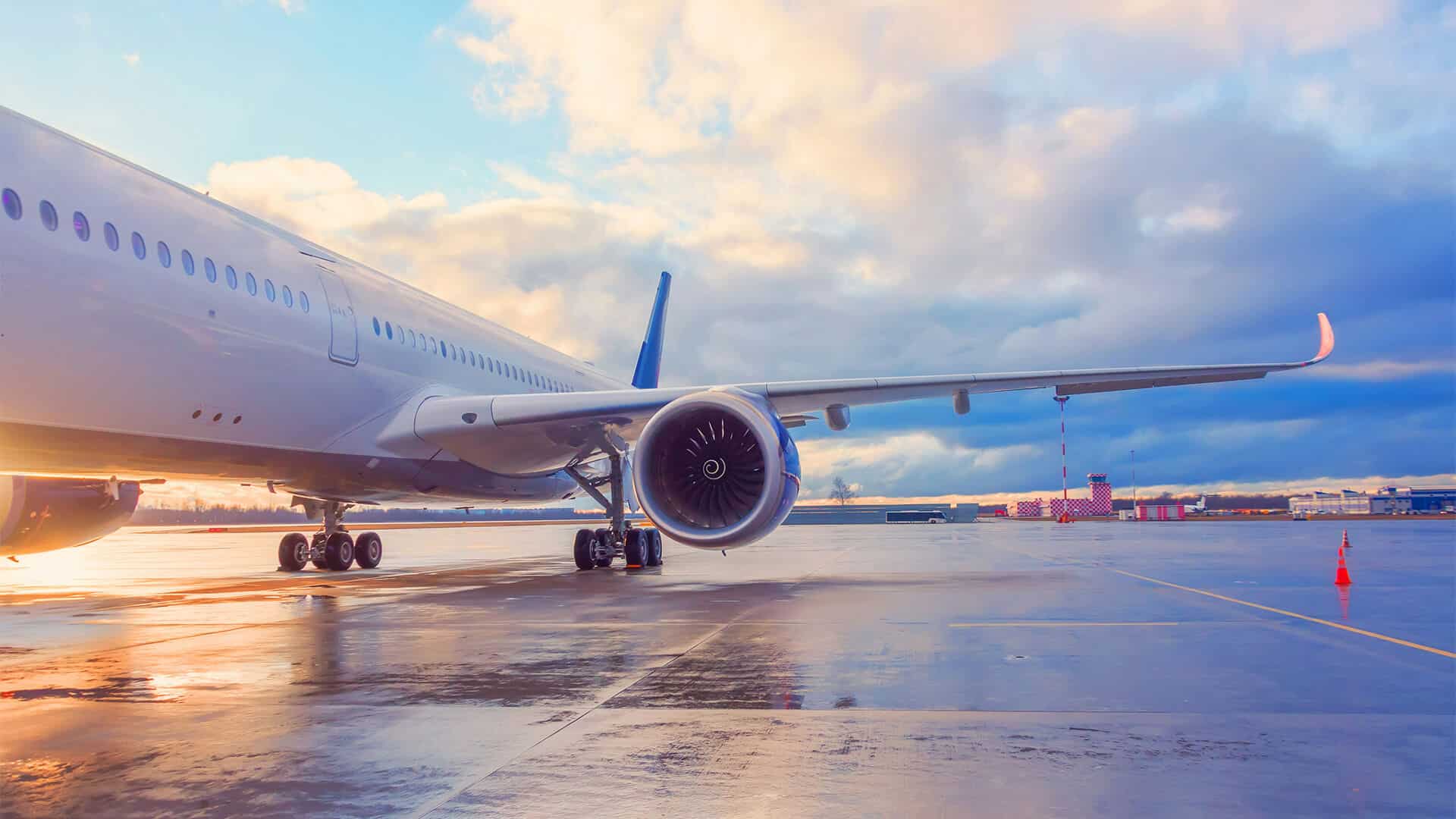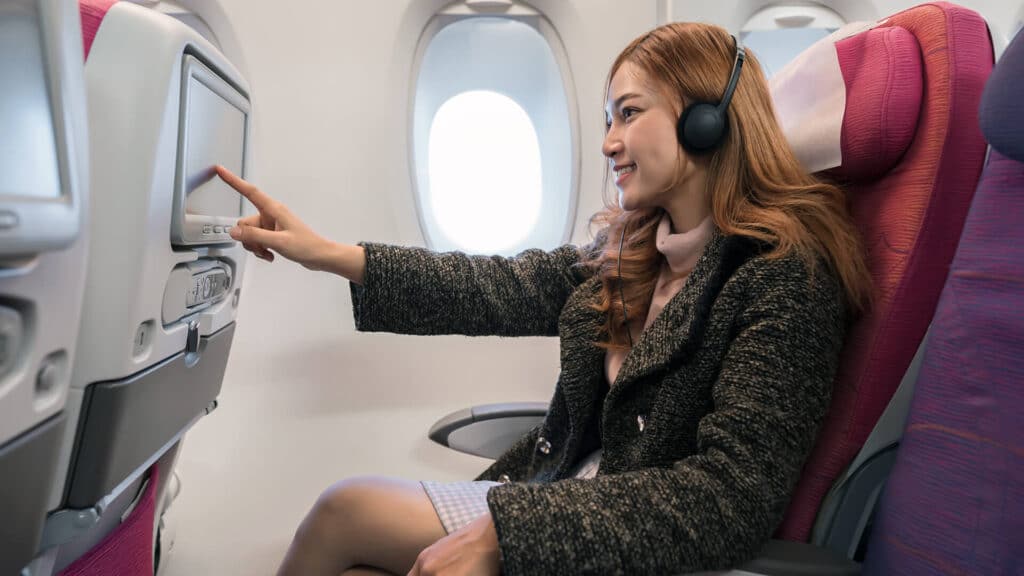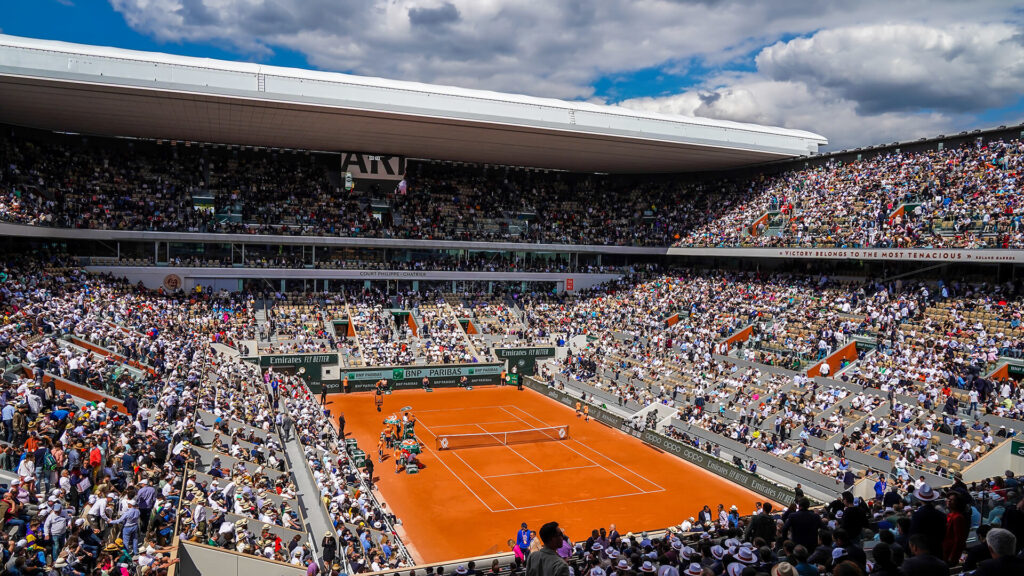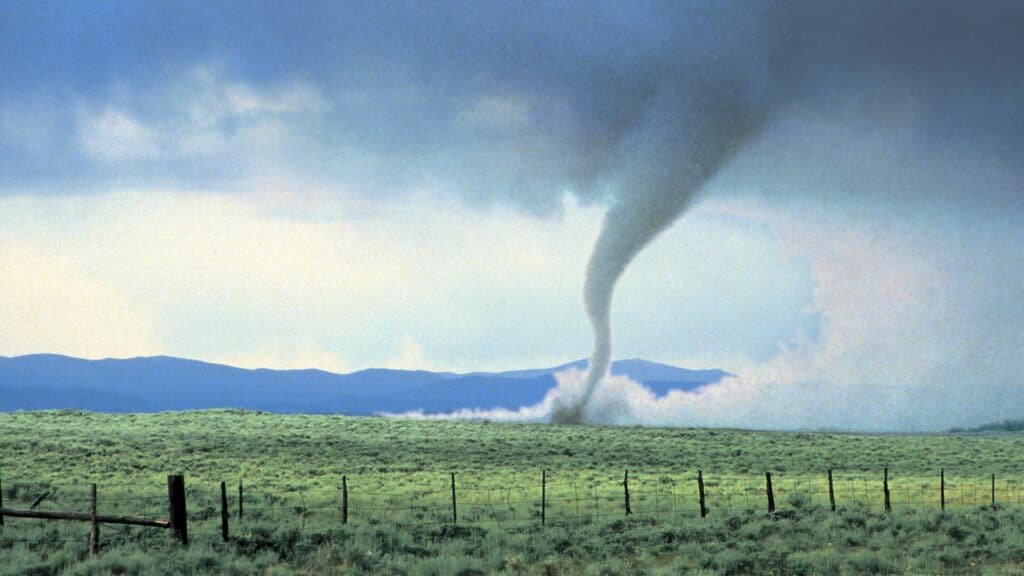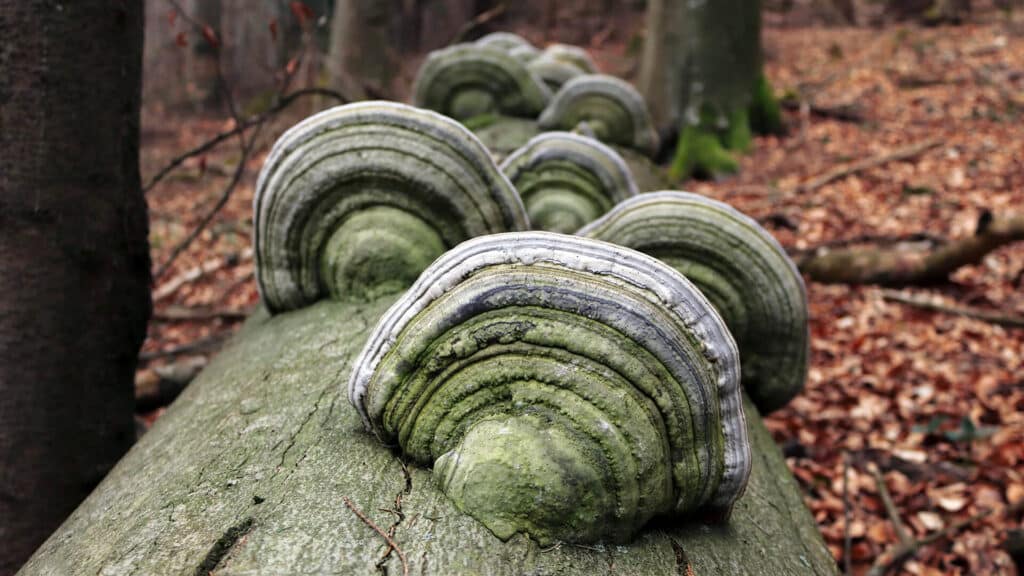A new study by NBC News and the Pulitzer Center’s Rainforest Investigations Network demonstrates that viscose rayon – the popular fabric made of pulp from eucalyptus and bamboo trees – is not the ‘eco-friendly’ material it is often touted to be.
Satellite footage of Indonesia revealed that one of the world’s largest viscose rayon manufacturers has continued to clear rainforests despite its 2015 pledge to cease the practice, according to Gizmodo. The producer, known as Asia Pacific Resources International Holdings Ltd. (APRIL), supplies companies like Abercrombie & Fitch, Adidas, and H&M.
Viscose rayon is generally considered more environmentally friendly than petroleum-based synthetic materials like polyester and nylon. However, it is among the leading causes of deforestation in Indonesia – which has the world’s third largest area of rainforest behind the Amazon and Congo Basin – since producers of the fabric must clear huge swaths of old-growth forests to make room for new eucalyptus or bamboo trees.
“A plantation of a single kind of tree is a very, very different ecosystem than rainforest with millions of species,” said Ruth DeFries, professor of ecology and sustainable development at Columbia University. “One of the most beautiful times I had there was shadowing someone who was doing research on orangutans. Seeing that their habitat is being destroyed — it’s just heartbreaking.”
Experts say viscose rayon production dries out the land, increases the risk of fire, and interferes with the natural habitat of certain plants and animals.
Over the last decade, pressure campaigns have led companies to more closely examine their own supply chains. Some are now taking steps to better protect tropical rainforests.
The Vancouver nonprofit Canopy has been working to identify alternative viscose rayon manufacturing sites that would not necessitate the destruction of rainforests, according to Fast Company.



